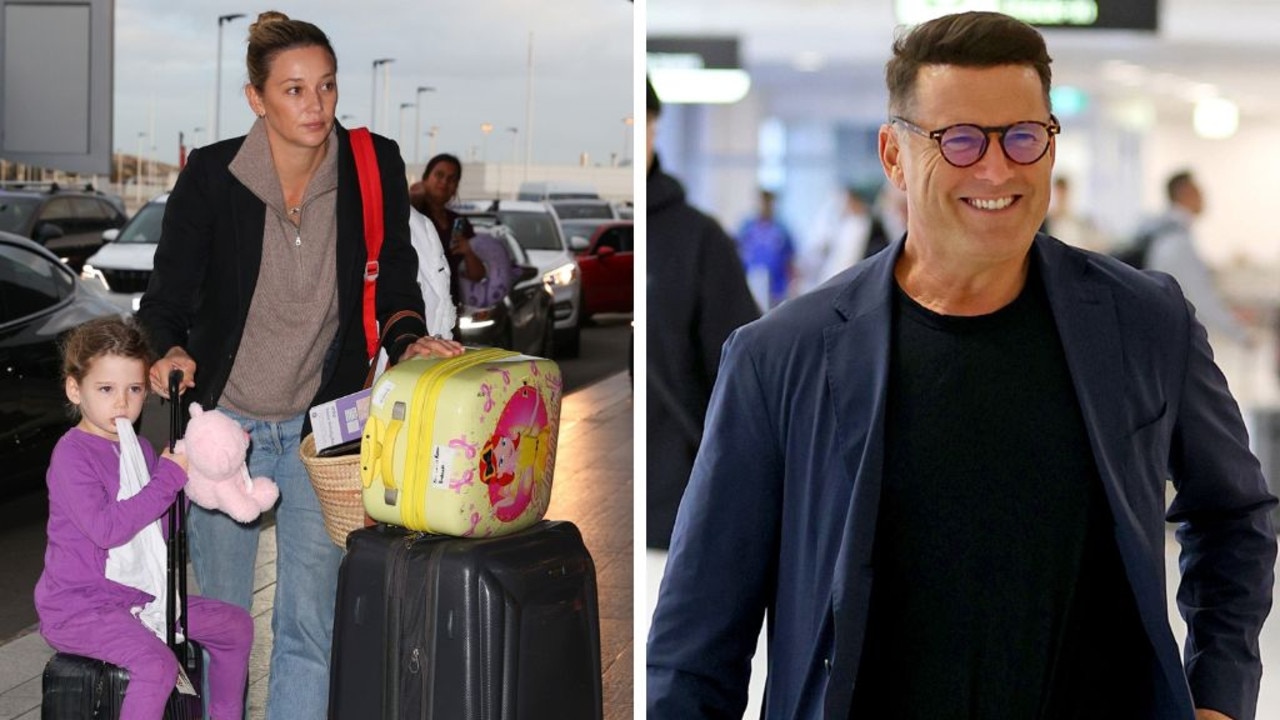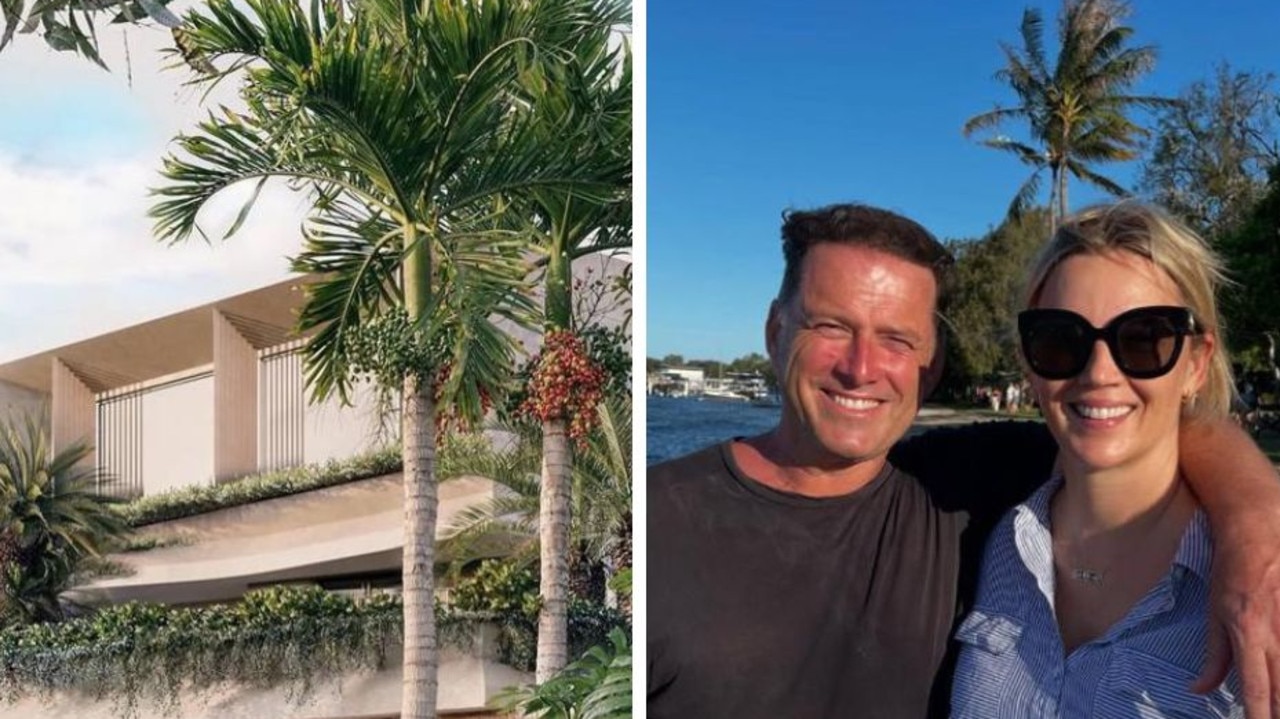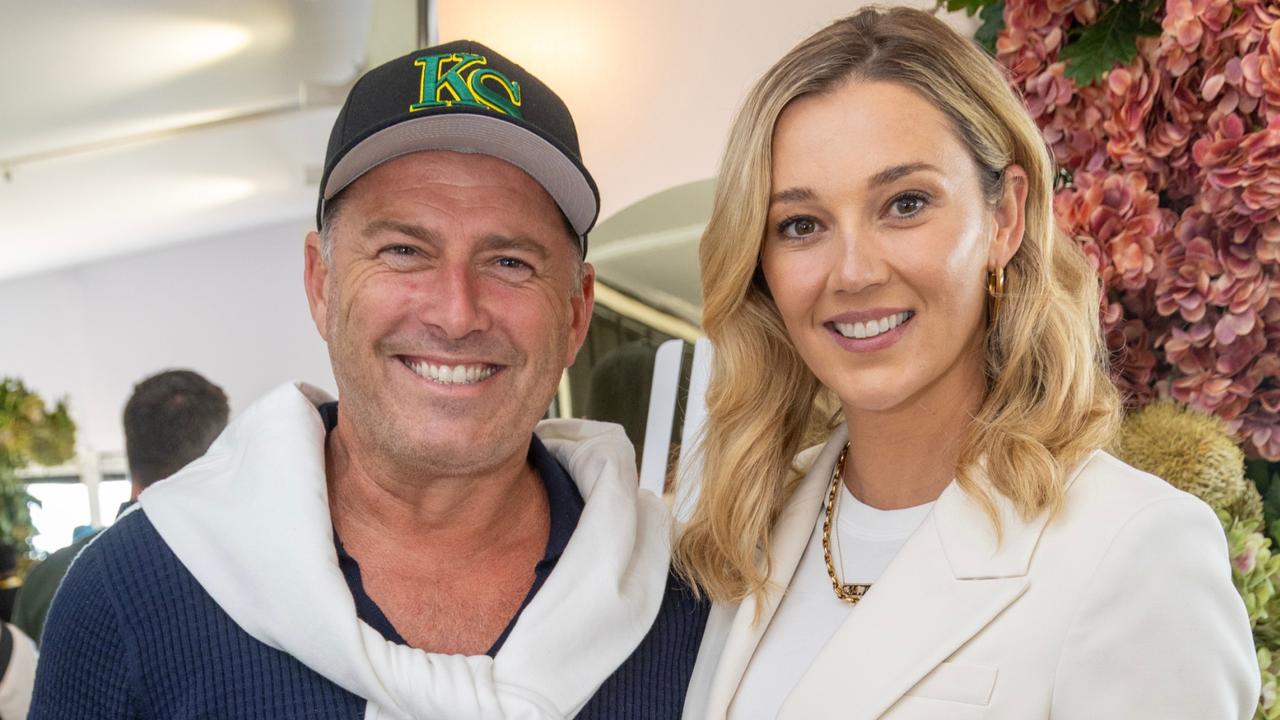‘Life support’: Jacqui Lambie explodes at PM over Voice referendum
Jacqui Lambie has launched a stinging attack on the Prime Minister and federal Labor for having “no Plan B” if the Voice failed.
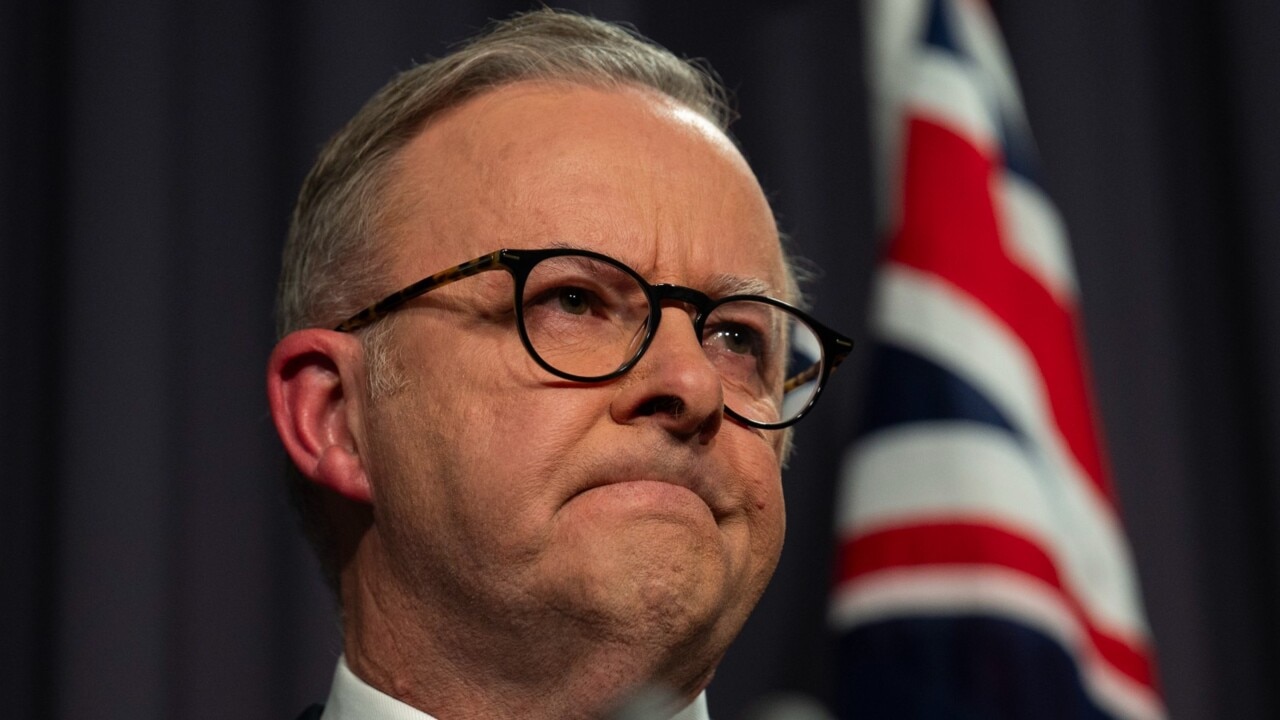
Jacqui Lambie launched a stinging attack on the Prime Minister and federal Labor government for focusing too heavily on the Voice without a backup plan if it failed.
Speaking on the Today show, the Tasmanian senator said the federal government had “done nothing for two years” and now have “no Plan B” for Indigenous communities which she described as being on “life support”.
Senator Lambie questioned why the Labor government “couldn’t speak and chew gum at the same time” and work on addressing Indigenous disadvantage while also campaigning for the Voice to Parliament.
The outspoken Senator said her “heart goes out” to First Nations people but she “wasn’t surprised” by the result and expressed confusion as to why the ‘Yes’ side believed Tasmania would vote for the Voice.
“My heart goes out to you, but there is always a losing team, As much as it kills me to say that there is going to be a lot of hurt out there,” she said. “In the meantime, the last two years, basically the Labor Party has put Indigenous communities out there on life support … They’ve done nothing for two years.
Host Sarah Abo agreed, saying “that’s the problem, it has been two years” before questioning whether Anthony Albanese should have “changed course after polls predicted this result”.
Indigenous leaders who campaigned for the Voice have asked for a week of silence for Australians to grieve and reflect on the outcome of the referendum.
But Senator Lambie said communities didn’t “have a week left”.
“We’ve been sitting there for two years on this,” she said. “We need to get into those communities and make them better.”
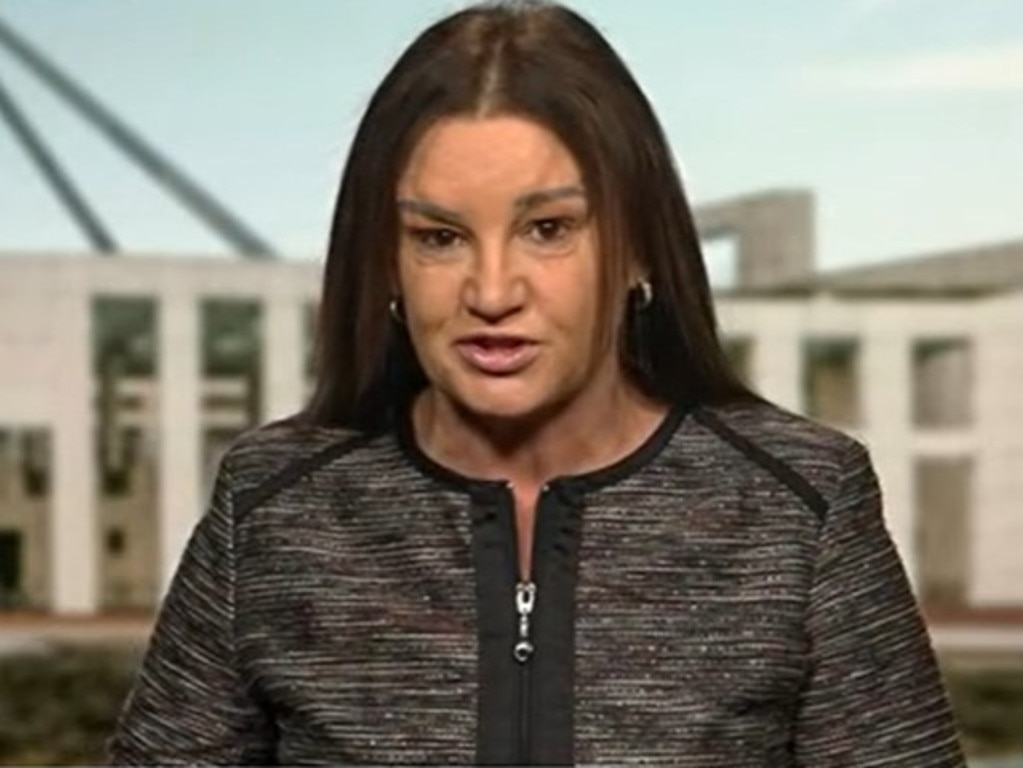
Tasmania and Victoria had been seen by the ‘Yes campaign as its likely strongest states and, along with South Australia, key to a referendum victory.
Instead, the island voted overwhelming – 59.5 per cent to 40.5 per cent – against the Voice, with only two of its five federal electoral seats recording majority Yes votes.
Despite the poor result in Tasmania, pro-Voice Tasmanian Premier, Jeremy Rockliff, has vowed to progress treaty and truth telling, while not ruling out a future state-based Voice.
Mr Rockliff told The Australian he was “proud” to have been the nation’s most senior Liberal to “stand up” for the Voice, despite 73 per cent of his own electorate of Braddon voting No.
“I stand up for what I believe in, and I’ve always been about that, and I won’t shy away from the tough decisions,” Mr Rockliff said.
“And I won’t also go along with the crowd.
“I’ll make my own calls … I am disappointed in the result, but Australians have had their say, Tasmanians have had their say. Good people can differ.”
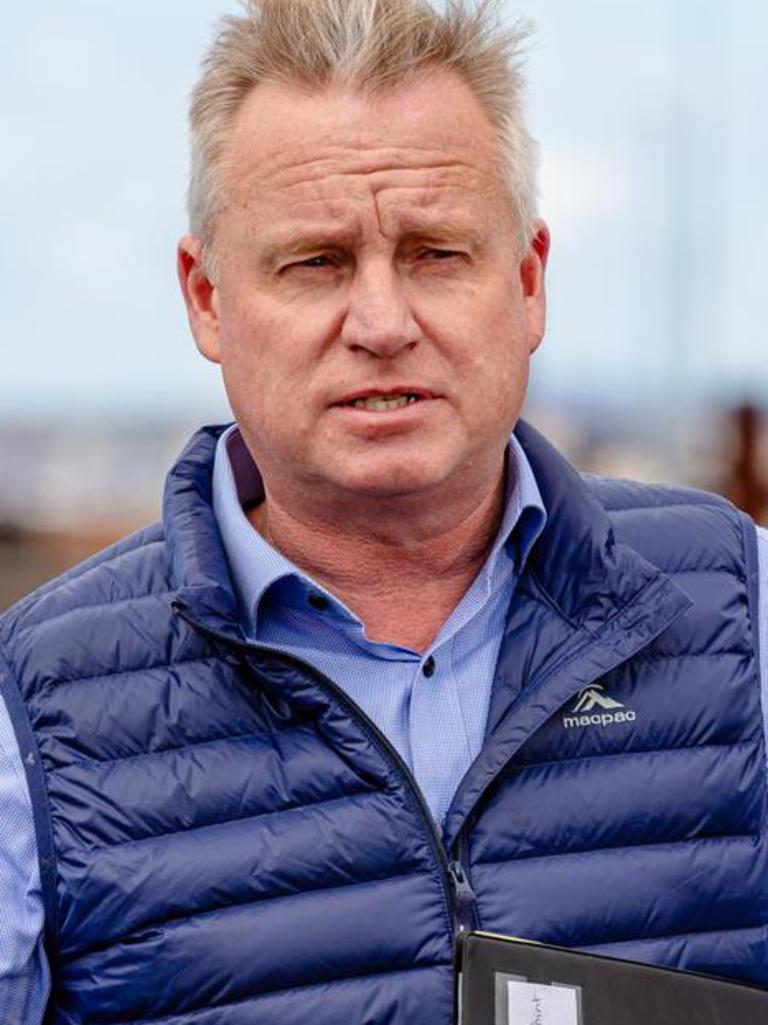
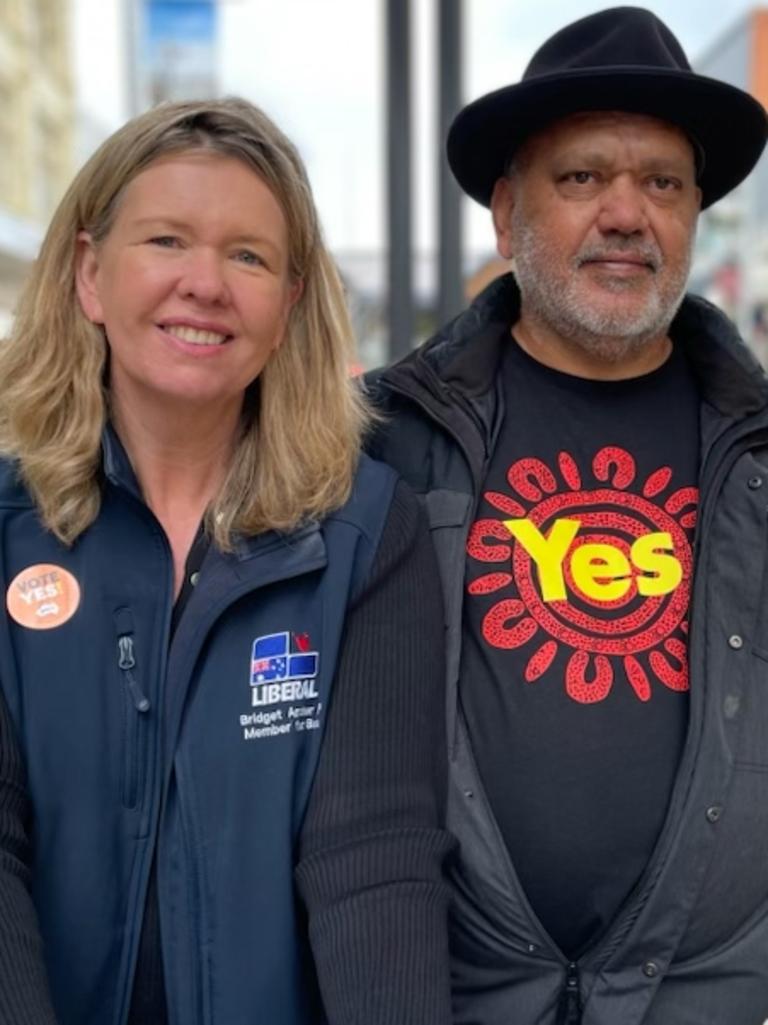
Meanwhile, Bass MP Bridget Archer, who campaigned strongly for the Voice said she was “heartbroken” at the Tasmanian result.
“As a vocal supporter and campaigner in the Yes campaign, I am naturally disappointed but, of course, respect the decision of voters in Bass,” the federal Liberal MP said.
“My heartbreak is reserved for the many Indigenous members of our community who had fought for this recognition in the hope of a pathway to a better future.
“The cause of reconciliation has been set back, badly, but it doesn’t end here.
“I am committed to continuing to walk with our First Nations people and our entire community towards a united country, where the hopes and dreams of all who live here are given the opportunity to flourish.”
Yes campaigners had to battle opposition to the Voice by several peak Tasmanian Indigenous groups, including the Tasmanian Aboriginal Centre, Aboriginal Land Council of Tasmania and the Circular Head Aboriginal Corporation.
Prominent Tasmanian Aboriginal campaigner Michael Mansell has now called for designated Aboriginal seats in parliament, as happens in New Zealand.
He told the ABC, “New Zealand is going to the polls to re-elect seven Maori members of parliament” over the weekend.
“And here in Australia, we’re going to all this trouble just for an advisory model. This really does explain the difference in where Australia is at,” he said.
carla.mascarenhas@news.com.au




